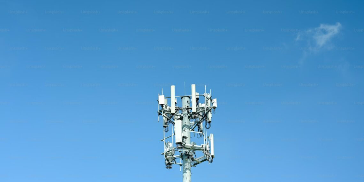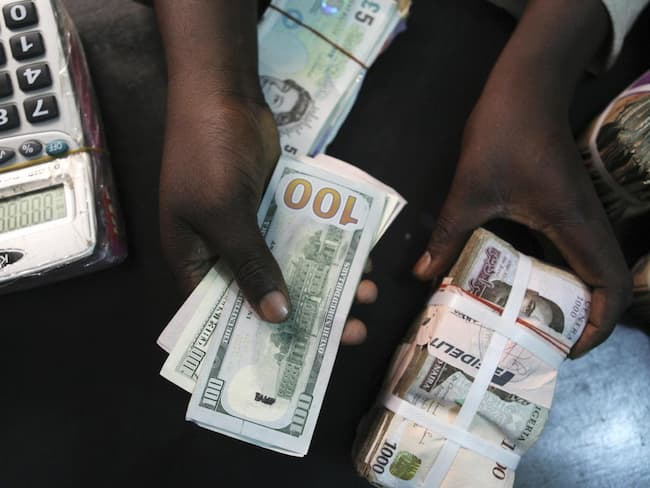The Global System for Mobile Communications (GSMA) reports that Nigeria needs an investment of approximately $360 million to extend 4G coverage to 98% of its geographical area.
In its “2024 Year in Review” report for Sub-Saharan Africa, the GSMA highlights significant developments in the region’s telecom industry. The report reveals that Nigeria’s 4G coverage has increased from 41% in 2019 to 84% in 2024, according to geospatial data.
However, the report also notes that rural areas face much lower coverage, at just 48%. To expand coverage to the remaining regions, the GSMA estimates that an additional investment of $360 million is required. The organization adds that the final 2% of the population, in more remote and sparsely populated areas, may need alternative solutions such as satellite connectivity.
The GSMA stresses the need for policy reforms to foster telecom infrastructure growth. The report suggests that removing sector-specific taxes on infrastructure and eliminating retail price regulations could reduce the investment gap by 44%, lowering the necessary investment to $200 million.
The GSMA also recommends policies that improve access to affordable 4G devices, enhance telecom infrastructure security, and eliminate Right of Way (RoW) fees. The organization predicts that if these reforms are implemented, they will significantly accelerate mobile broadband adoption by 2030.
The GSMA references its first Digital Africa Index, which shows that countries with supportive policies and strong political will tend to have higher levels of digital development and mobile broadband adoption. Among the 54 countries assessed, only four—Kenya, Mauritius, Seychelles, and South Africa—score above 50 out of 100, highlighting the substantial opportunity for other African nations to accelerate their digital transformation.
Dr. Bosun Tijani, Nigeria’s Minister of Communications, Innovation, and Digital Economy, recently reaffirmed the government’s commitment to supporting the telecom industry. He emphasized that telecom infrastructure has been declared critical national infrastructure and noted that the government recognizes its role in facilitating investment. Tijani pointed out that private sector operators tend to invest in areas with higher economic activity, leaving some underserved regions. To address this, the government is investing in infrastructure and setting benchmarks for service quality to ensure broader network coverage.













